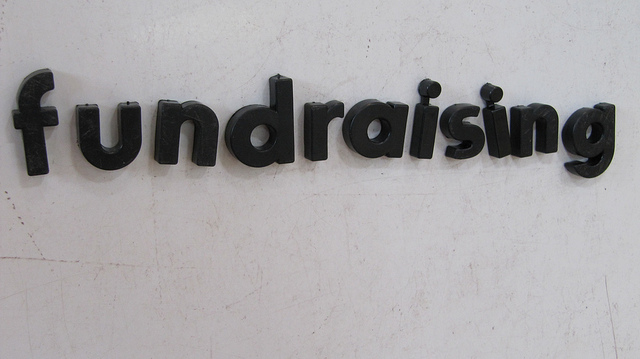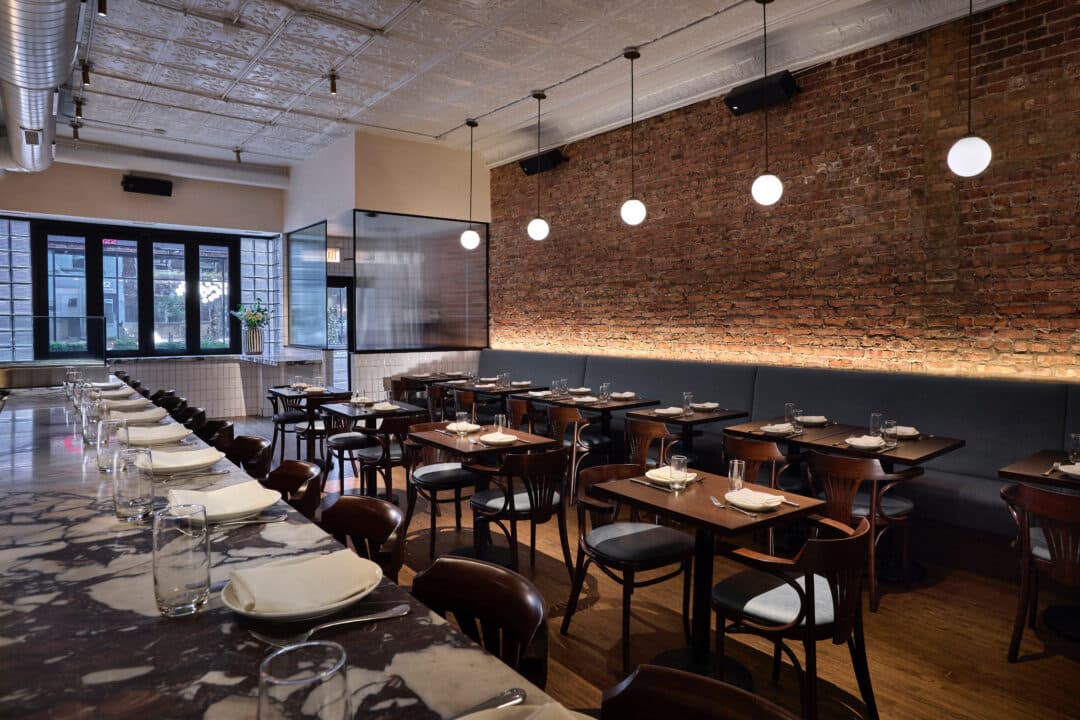 Planning a fundraising event can be a very daunting task. There are usually some common challenges that most non-profit and fundraising planners face: budget, resources and how to maximize your profits. While many of the details can vary, the ultimate goal is to create an event that will get you what you need, which is usually money. In order to do so, you have to be aware of what you’re working with. You need to set a budget and be as efficient as possible. I know it all sounds easy, but even creating budgets, coming up with themes and ideas and acquiring donations and auction items can be challenging. So here are some tips to help you get started and put together the most appropriate event for both your organization and your budget.
Planning a fundraising event can be a very daunting task. There are usually some common challenges that most non-profit and fundraising planners face: budget, resources and how to maximize your profits. While many of the details can vary, the ultimate goal is to create an event that will get you what you need, which is usually money. In order to do so, you have to be aware of what you’re working with. You need to set a budget and be as efficient as possible. I know it all sounds easy, but even creating budgets, coming up with themes and ideas and acquiring donations and auction items can be challenging. So here are some tips to help you get started and put together the most appropriate event for both your organization and your budget.
WHAT IS THE PURPOSE OF YOUR FUNDRAISER?
You know what your organization does, so think about what the purpose of this fundraiser should be. Are you looking to acquire more volunteers? Do you need supplies? What would the funds you are looking to raise be going towards and can that be a part of the donation process? Not every organization can host a $300-per-plate gala. Perhaps part of your fundraising isn’t just funds, but an emphasis on what you really need to improve your organization. This also gives potential donors the opportunity to give you what you need without directly giving you money. Everyone asks for money and unfortunately there are organizations who have abused financial gifts. Many people feel more confident in giving an item. If you are looking to raise money, attribute their donation to a specific item. For example, if you are a school trying to raise funds to support children who can not afford their own lunch, perhaps you can say “buy a child a full lunch for $5”. Knowing exactly what money is being used for makes potential donors more comfortable with giving.
HOW TO DETERMINE AN ACCURATE BUDGET
Assess Your Logistics – How many people do you anticipate attending? What kind of event do you want to have? What time of day? What type of venue? Figuring out these details are essential because they will help set the framework that will help you establish your budget. When asking yourself how many people you have, go to your current resources. Do you have an email list? How big is you organization? Do you work with a PR company? What is your marketing outreach? If you are a new organization with 20 active members, plan an event for about 75 people or less to start. Each member should recruit no less than 5 people each and it’s always the case that about 30% of people don’t show if they do not have to purchase a ticket to the event prior. If you are a larger, more established organization with say, 100 active members with a few who are go-getters and great networkers, you may want to plan for 200 or even 500 person event that is more casual or a nice event for 50-100 of your top donors. Getting an estimated amount of your desired number of guests will help you figure your per-person costs which will determine your ticket price and overall budget. So for example, with a casual event, assume to spend no less than $20-30 per person (usually not including tax or service charge at most venues). If you’re willing to guarantee 100 guests, you need to plan on a starting point of $2,000-$3,000. Keep in mind that this won’t include the cost of decorating, marketing or any other aspects of the event. Add in items like a DJ (unless you have a friend) and Audio/Visual and you could potentially double that number.
Use Your Logistics to Build Your Budget – If you are doing a sit down dinner for 400 guests, the costs and set up will be far different than a golf outing for 50. If you know you have a set budget, this will help you realize what you can do. For example, if you have $500 to start with, before ticket sales, you will want to have either an in-house event or a smaller event at a venue on an off-day. There are benefits to both. An in-house event will allow you to do more with your money because you won’t be paying the fees of a venue and you can also have it on whatever day you know will be best for your participants. A venue, however, can draw a crowd and create an ambiance for your event that you couldn’t have at the office conference room.
Whether you know your budget and not your event details or you know what you’re going to do but just not how much it will cost, you need to iron out the basics to help you continue to design your perfect event.
BUDGET VS TICKET PRICE
Your budget should NOT rely on ticket sales. Think about it. If your tickets sales are bad, you don’t want to be liable for the difference which is not actually in your budget. Ticket sales should be adding to your funds for your organization, not subtracting from them. Make sure you have the money upfront to cover all the expenses of your event. Now, if it proves your ticket sales are going well and you’d like to add some extras that you know will add to the overall success of your event, that is ok, just make sure that the money is there first.
HOW TO DECIDE WHAT TYPE OF EVENT YOU’RE HAVING
Most people will host an event at a venue with live music or a DJ with silent auctions. This is a great setup that typically works well. Food, music and decor all add to the experience of each individual event, but think about what will make this event successful for you. I always say that the best events, no matter if they are corporate dinners, weddings or social events, are the ones where the guests enjoy themselves. When the group is having fun, it creates a great energy and even if every detail isn’t 100% perfect, no one will notice because they’re having too much fun! So tailor the experience to the type of guests you’re looking to invite and be sure to connect it to your organization.
DON’T ACCEPT JUST ANY OLD DONATION
If you are going the silent auction route, make sure the donations you receive work with the theme of your event and your demographic of attendees. It’s great to receive support but you don’t want your donations to go to waste. For example, you’re not as likely to get as much money for a signed basketball at spa event as you would from a sports-themed event. The goal of an auction is to get as much as you can from each donation.
Have more question about events or looking for help in planning your next event? email [email protected]




0 Comments